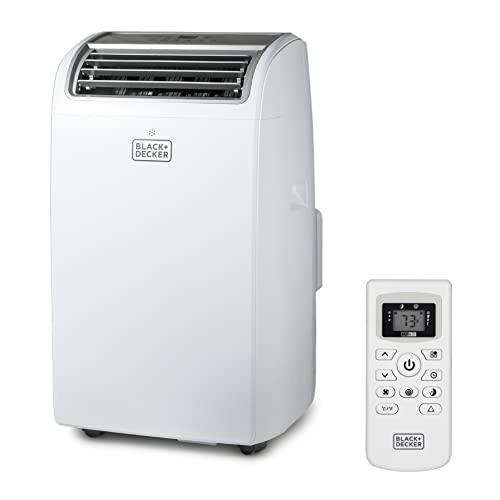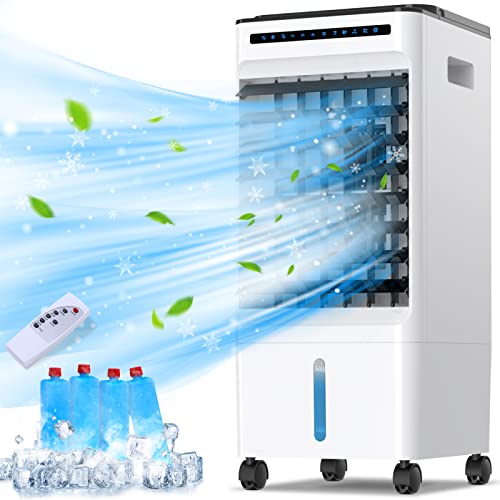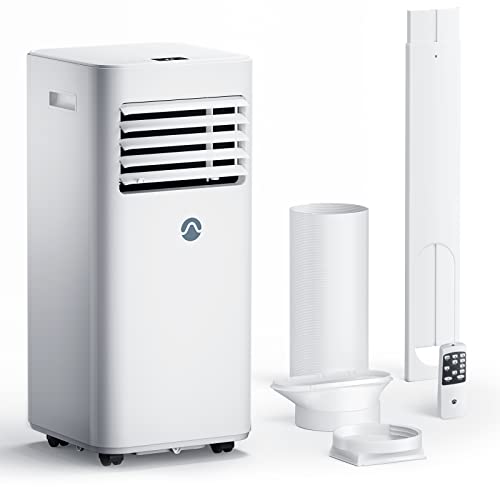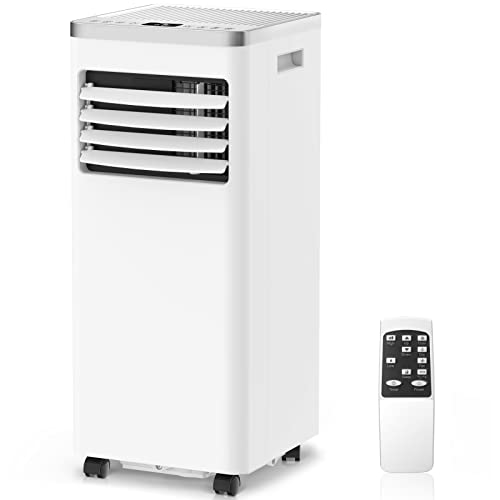Proper Installation
• Level Ground: Ensure the unit is placed on a level surface to prevent tipping and potential injuries.
• Ventilation: Position the exhaust hose near an open window or door to allow for proper ventilation. Avoid directing the exhaust into enclosed spaces, as this can lead to carbon monoxide buildup.
• Electrical Safety: Plug the unit into a dedicated circuit to prevent overloading. Avoid using extension cords, as they can pose a fire hazard.
Regular Maintenance
• Filter Cleaning: Clean or replace the air filter regularly (every 2-4 weeks) to improve efficiency and prevent mold growth.
• Condenser Cleaning: Keep the condenser coils clean to ensure optimal performance and prevent overheating. Use a soft brush or vacuum cleaner to remove dust and debris.
• Hose Inspection: Inspect the exhaust hose for any damage, such as cracks or tears. Replace damaged hoses to prevent leaks and potential hazards.
• Professional Servicing: Schedule regular professional maintenance to check for any issues and ensure the unit is operating safely.
Safe Operation
• Avoid Obstructions: Keep the unit clear of obstructions, such as furniture or curtains, to prevent overheating and potential fires.
• Unplug When Not In Use: Unplug the unit when not in use to reduce the risk of electrical fires.
• Child and Pet Safety: Keep children and pets away from the unit to prevent accidental injuries.
• Carbon Monoxide Awareness: Be aware of the potential for carbon monoxide buildup if the exhaust hose is not properly vented. Install a carbon monoxide detector in the area where the unit is used.
Potential Health Risks and Mitigation Strategies
• Legionella: This bacteria can grow in stagnant water. Regularly clean and disinfect the unit's water tank and drain pan to reduce the risk of Legionella growth.
• Mold and Mildew: These can grow in humid environments. Clean and dry the unit regularly, and ensure proper ventilation.
• Allergens: Portable air conditioning units can trap allergens like dust and pollen. Use high-efficiency particulate air (HEPA) filters to help remove these allergens from the air.
• Noise Pollution: Excessive noise can lead to stress and sleep disturbances. Choose a quieter unit or use noise-canceling headphones.
• Electromagnetic Fields (EMF): While EMF exposure from portable air conditioners is generally low, some individuals may be sensitive to EMF. If you're concerned, consider using a shielding device or maintaining a distance from the unit.
By following these guidelines, you can safely and effectively use your portable air conditioning unit while minimizing potential health risks.




